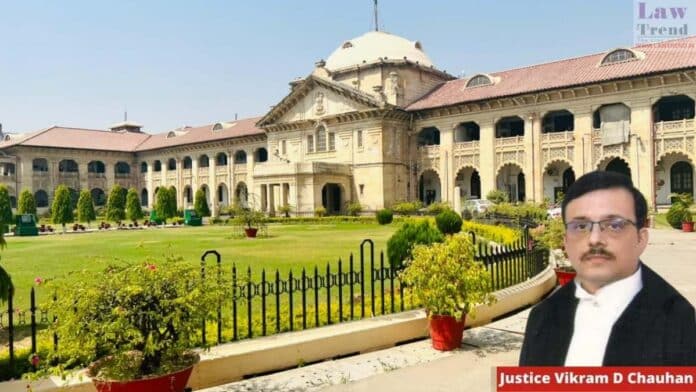The Allahabad High Court recently clarified that for an act of intentional insult or intimidation to be considered an offence under the Scheduled Caste and Scheduled Tribe (Prevention of Atrocities) Act, 1989 (SC/ST Act), it must be committed in public view. The ruling came while the court partly allowed an application filed by Pintu Singh and two others, leading to the quashing of criminal proceedings against them under sections 3(1)(r) of the SC/ST Act.
The case stemmed from an FIR lodged in November 2017 at Nagara police station in Ballia district. It was alleged that the accused, seven individuals including the applicants, had entered the house of the informant, made caste-based remarks, and assaulted the informant and his family. Subsequently, charges were brought against the applicants.
During the legal proceedings, it was argued that the incident occurred within the private confines of the informant’s home, away from public view. The SC/ST Act specifies that offences of intentional insult or intimidation must occur in a location visible to the public to be actionable under section 3(1)(r).
The state government’s counsel opposed the dismissal of the case but acknowledged that the incident occurred inside a private residence. The court observed that no member of the public witnessed the incident as per the informant’s statement and the FIR. Consequently, Justice Vikram D. Chauhan ruled that the incident did not meet the public view requirement set by the SC/ST Act and quashed the proceedings related to section 3(1)(r).




